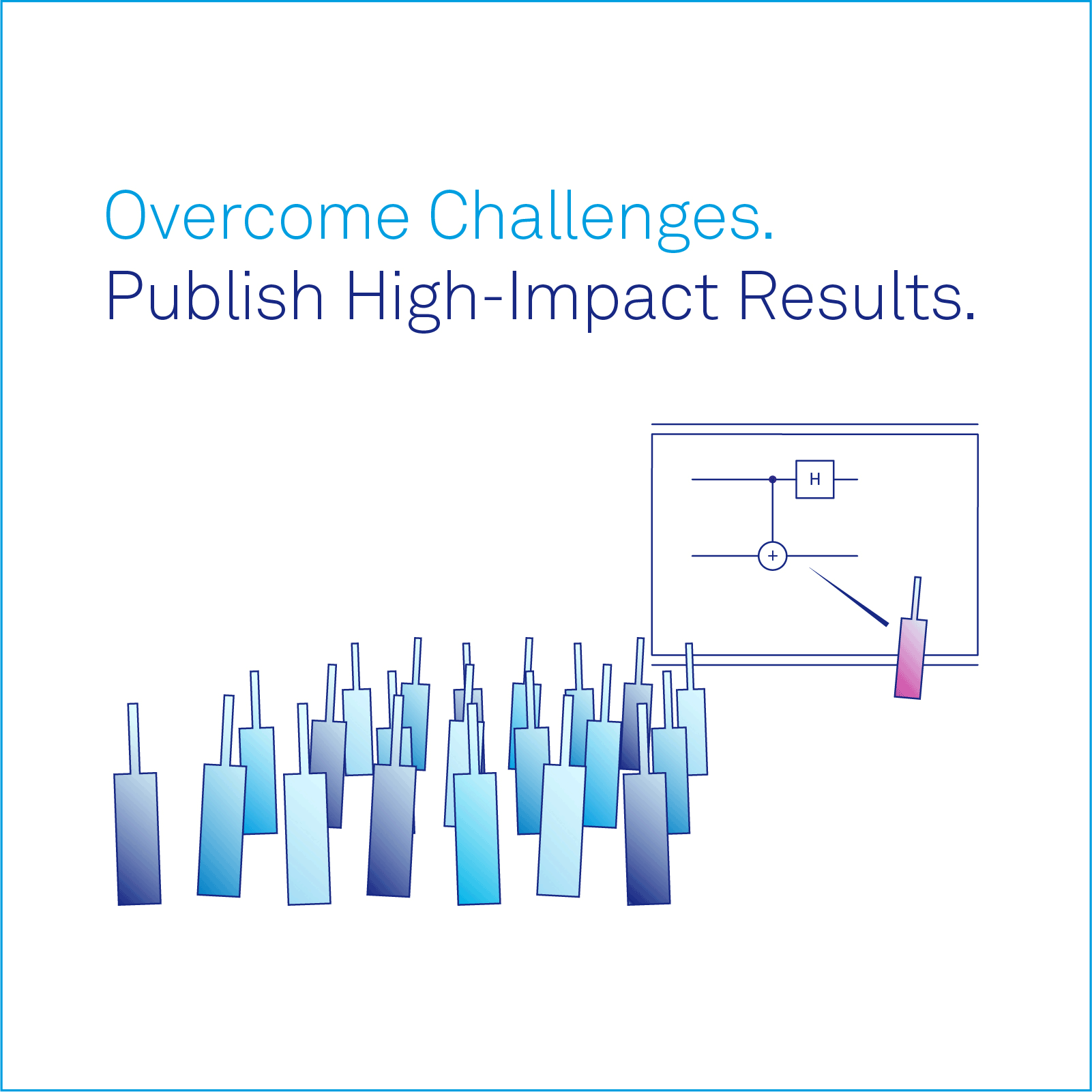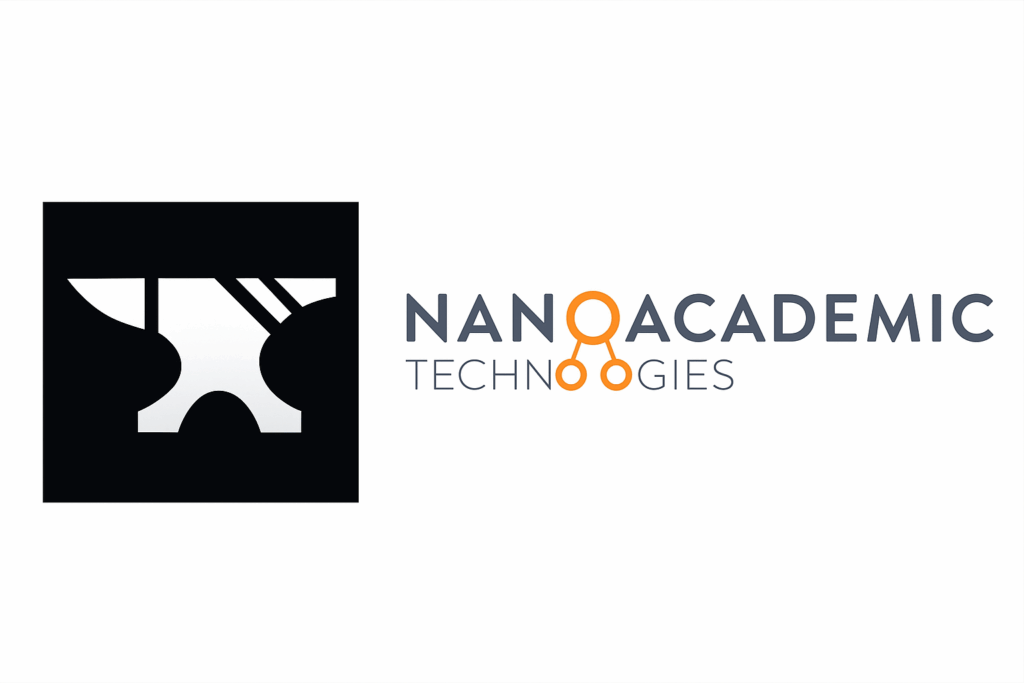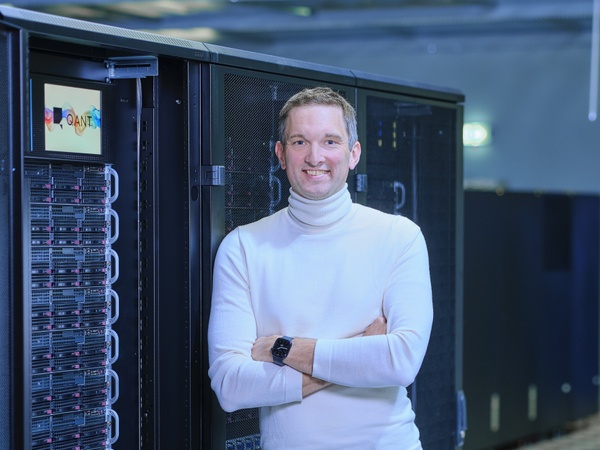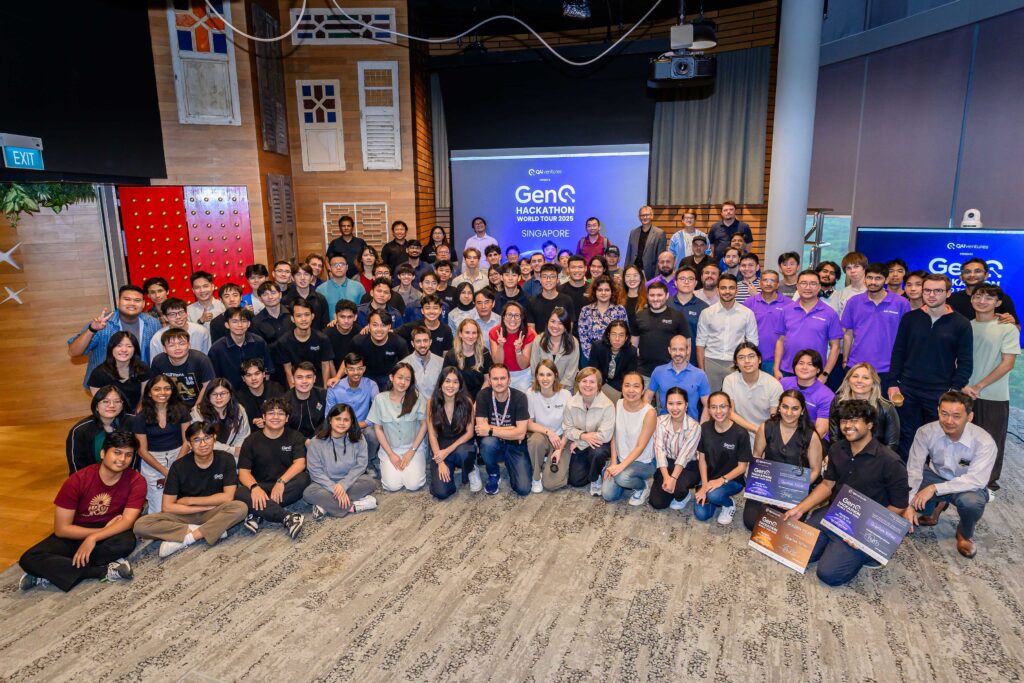Insider Brief
- IBM and Pasqal announced their intent to partner to develop a common approach to quantum-centric supercomputing.
- The teams will also promote application research in chemistry and materials science.
- The two companies share the vision for a common approach to integration based on open-source software and involvement of the technical community.
PRESS RELEASE — IBM and Pasqal, as leaders in superconducting circuit and neutral atom-based quantum computers respectively, announced their intent to partner to develop a common approach to quantum-centric supercomputing and promoting application research in chemistry and materials science. IBM and Pasqal will work with leading institutions in high-performance computing to establish the foundations for quantum-centric supercomputing — the integration of quantum computing with advanced classical computing to create the next generation of supercomputers.
IBM and Pasqal aim to work together to define the software integration architecture for a quantum-centric supercomputer that orchestrates computational workflows across multiple modalities of quantum computers and advanced classical compute clusters. The two companies share the vision for a common approach to integration based on open-source software and involvement of the technical community. IBM and Pasqal plan to co-sponsor a regional HPC technical forum in Germany, with plans to expand this effort in other geographies.
A key aspect of this partnering activity is the shared objective between IBM and Pasqal to foster utility-scale industry adoption in materials science and chemistry; an area where quantum-centric supercomputing shows immediate potential. IBM and Pasqal aim to substantially advance the use of quantum computing for applications in chemistry and material sciences, by harnessing their respective full-stack quantum computing leading roles and by working with the Materials working group established last year by IBM. The group will continue to explore the best methods to build workflows for utility-scale computation for chemistry leveraging a hybrid of quantum and classical computation.

“Quantum-centric supercomputing is the future of high-performance computing and is the way to achieve near-term quantum advantage in chemistry, materials science and other scientific applications. This collaboration with Pasqal will ensure that this future is open and agnostic to the hardware modality, creating more value for our clients and users. I look forward to Pasqal joining us in bringing quantum-centric supercomputing to the world,” said Jay Gambetta, IBM Fellow and Vice President, IBM Quantum.
“Today marks a significant milestone in the quantum computing industry as we embark on this collaboration with IBM. We look forward to combining efforts for a highly ambitious goal: begin to establish business best practices for quantum-centric supercomputing. Harnessing the strengths of both technologies, we stand ready to match the accelerating pace of our customers’ needs and meet their growing demands,” said Georges-Olivier Reymond, CEO, Pasqal.

















